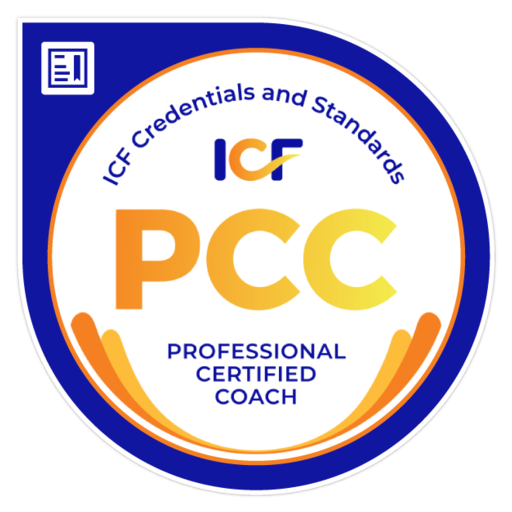“A pessimist sees the difficulty in every opportunity; an optimist sees the opportunity in every difficulty.”
~ Winston Churchill
Once a month I am honored to facilitate a master’s in spiritual science course. The purpose of the two-year class is to encourage students to apply teachings of practical spirituality and gain greater clarity of the presence of Spirit in their everyday lives. During the last class I had to lecture on negativity, more specifically, I had to identify body parts that judged. As I was going through the exercise, I watched myself generating negativity on purpose. It was powerful. I started to feel dizzy, my spelling became atrocious and inside I felt little and small. I wanted to stop and sit down.
Yes, we know that negativity will do that to us. When it creeps into our consciousness, it will stop us from following through with a project, telling a loved one how we feel, or taking a promotion or a new job. We all have these feelings, and that’s ok. The important part is how we process them and make sure they don’t keep us from moving forward.
Most of us generate a substantial amount of negativity every day. Often the negativity that holds us back is subtle. We tell stories about an experience we had or a situation we were in over and over again that reinforces our negative feelings, and we might not even know it. While most of it is unconscious, a good amount of it is conscious. So today I want to talk about negativity, the negativity we generate ourselves, how we notice it, process it, and turn it around in order to move forward.
I recently delivered a workshop to a group of CEOs on the topic of communication and listening. After practicing different ways to listen, one of the CEOs started to talk about his mother and his inability to listen to her complain about the neighbors. He felt hostage to her stories and had started to spend less and less time with her. Things had gotten so bad that he was generating negativity around his mother even when he had not talked to her. He was somewhat aware of the situation but was clueless that he essentially was repeating his mother’s behavior. His negativity was impacting his marriage and his self-esteem. He felt stuck and life was miserable.
Once he became aware of his negative response to his mom’s negativity, he was able to control the situation. With a little bit of Neuro Emotional Coaching® he was able to neutralize his reaction to his mother and approach her with more generosity and love. She in return did not feel the need to be so negative in their conversations.
When we tell these negative stories over and over, we generate the negativity we felt then and never get to the positive part. In telling these stories to friends, colleagues, or at parties, we never move forward. We just tell the story, not consciously knowing the impact, and maybe not even being attuned to the fact that after we tell the story, we feel a heavy weight.
I’ll give you an example from my own life. I’m very dyslexic. And often I find myself saying, even joking, “it’s hard to believe someone can get their doctorate and write a book and have dyslexia, right.” Instead of celebrating all of my accomplishments, I’m regenerating the negativity around my dyslexia. What am I left with, my dyslexia and not my accomplishments. Here’s an even more subtle way we draw up negativity. When talking to children, how often do you give negative direction: “Don’t spill that.” “No you can’t watch another video.” We even talk to adults like that: “Don’t miss the deadline” or “Don’t disappointment me.” Our language is sloppy, we are not present and our lips move without accountability.
So how do you break this cycle? You can control and watch your language. Be aware of your feelings and how much negativity you generate for yourself when you retell a story about a life experience or gossip at work. Be aware of how what you are saying impacts others and yourself. If you are feeling negative about something, take some time to figure out what it is all about. Why are you triggered? Who triggered you?
And what if you changed your language and instead of saying, “don’t spill that,” said “let’s put your cup on the table.” Or, instead of saying, “No, you can’t watch another video,” said, “How about we play a game.”
Whether the story you tell is: “I don’t like my job, but I need the paycheck,” or “The economy is bad, but I can’t do anything about it, or “the client said he wants elephants in his brochure, so why should I knock myself out preparing other samples,” what you are doing is making yourself powerless. What DO you want to do, be powerless or take the situation back?! Rephrase and re-frame. How would it feel to say: “I’m making a paycheck and I am going to do a, b, and c, so that when the economy picks up, I’m ready.” “I’m going to look for a new job.” “I’m going to prepare the brochure the client asked for, but take a chance and prepare another version with some other ideas.” Yes, we all feel negativity every single day. What you do with it makes the difference between feeling powerful or powerless.




